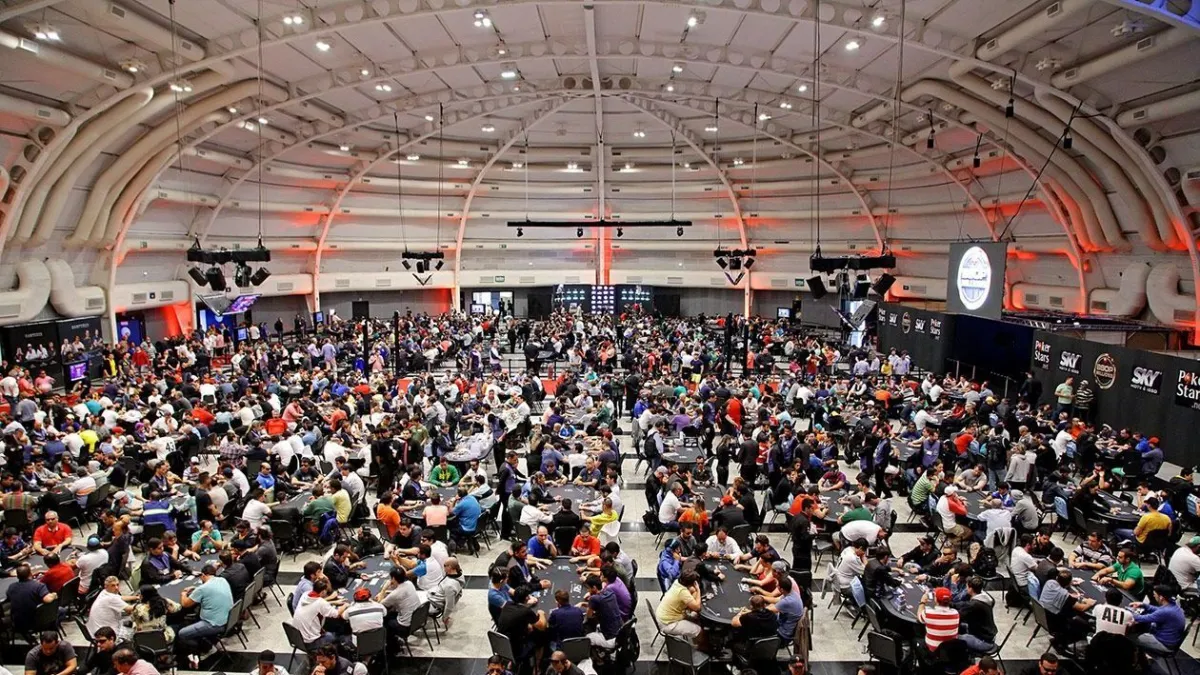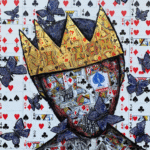It’s not the hand you’re dealt. It’s what you do with it.
This saying, repeated by seasoned players, reveals a truth often overlooked in the poker world: mindset — the mental attitude with which you face the game, your mistakes, your wins, and especially, your inevitable downswings.
In modern poker, where access to technical knowledge is increasingly democratized, what separates good players from consistently profitable ones is not just theory — it’s the ability to maintain mental balance, emotional resilience, and strategic focus.
♠ The Emotional Game Behind the Cards
Poker, by definition, is a game of variance.
You can make the right move and still lose. For players who are not mentally prepared, this can lead to frustration, impulsivity, and tilt — that emotional spiral that wrecks sessions and bankrolls.
According to sports psychologist and mental game coach Jared Tendler, author of The Mental Game of Poker (2011), “emotional control is more important than technical skill in the long run.” He notes that most player leaks are rooted in mindset, not math.
Research in sports psychology supports this: self-control, sustained focus, and stress regulation are essential for high-level performance in mentally demanding games (Weinberg & Gould, Foundations of Sport and Exercise Psychology, 2019).
♦ Fixed vs. Growth Mindset
Psychologist Carol Dweck, in her theory of mindset (2006), defines two mentalities:
- Fixed mindset: believes ability is innate and unchangeable. These players avoid challenges and interpret losses as personal failure.
- Growth mindset: sees mistakes as learning opportunities. These players review losing hands, study more, and return stronger.
Studies show that players with a growth mindset enjoy greater longevity in professional poker, adapting better to the game’s dynamic nature and emotional pressure.
♥ Actionable Tips for Players
1. Build a Pre-Game Mental Routine
Breathing exercises, visualization, or simple stretching help focus the mind before long sessions.
2. Keep a Tilt & Emotion Journal
Writing down when and why you lost control helps identify emotional patterns.
3. Study Losses — Not Just Wins
Reviewing tough hands objectively builds resilience and reduces self-sabotage.
4. Practice Mindfulness
Mindfulness meditation improves mental clarity and reduces impulsive reactions. Apps like Headspace and Calm are already used by many professionals.
5. Surround Yourself with Mentors and Community
Having people to share and learn from strengthens emotional endurance and reinforces a positive mindset.
♣ Poker as a Mirror of the Mind
Poker, in the end, isn’t just a card game. It’s a game of people playing cards.
And among them, the player who masters their inner world — thoughts, impulses, frustrations — holds an invisible but decisive edge.
As 16-time WSOP champion Phil Hellmuth once said:
“If you can’t control yourself, the game will control you.”
Bibliographic References:
- Tendler, Jared. The Mental Game of Poker. Jared Tendler Publishing, 2011.
- Dweck, Carol. Mindset: The New Psychology of Success. Random House, 2006.
- Weinberg, R. & Gould, D. Foundations of Sport and Exercise Psychology. Human Kinetics, 2019.
- Duckworth, Angela. Grit: The Power of Passion and Perseverance. Scribner, 2016.
Bottom line:
Your sharpest card is your mind.
Play with it — and you’ll never leave the table empty-handed.
Would you like me to turn this into a downloadable mindset guide or a visual thread for social media?












